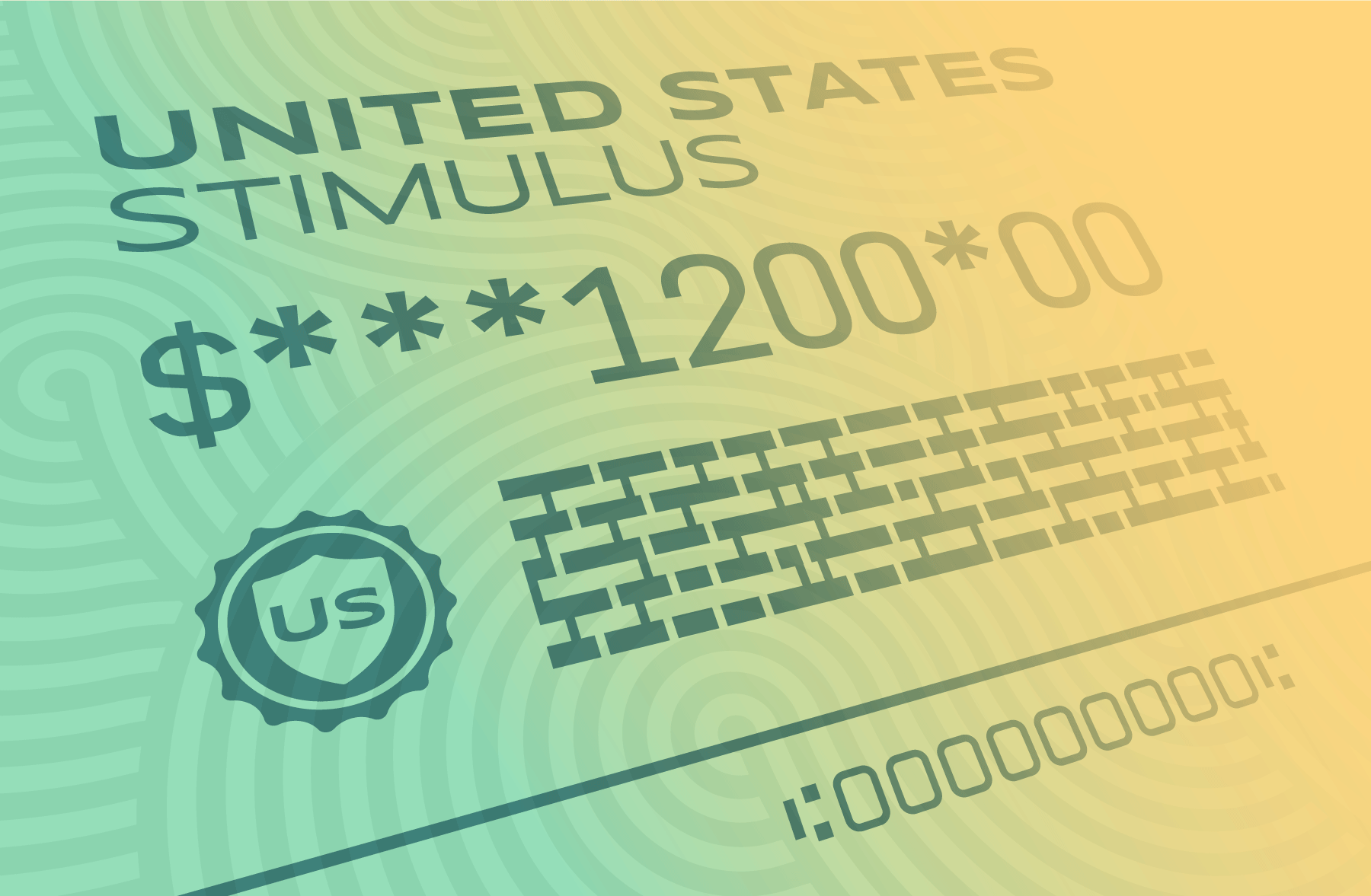Scammers Use These 5 Tricks To Steal Stimulus Checks
The check is in the mail, the government says. Indeed, some third-round stimulus checks will arrive by US Postal Service. Debit cards containing payments will also hit the mail, while other qualified Americans will receive their cash by direct deposit. Scammers with itchy fingers plan to steal as many checks as possible, so ramp up the surveillance of your mailbox and bank account.
The Federal Trade Commission (FTC) has already received over 400,000 consumer complaints related to the pandemic since April 2020, when a huge spike occurred. Since the start of 2020, consumers have lost over $388 million to pandemic-related scams. Scammers have had time to perfect their stimulus cons too, so many have evolved into something quite sophisticated.
Expedited Payments
You receive a call or text offering to expedite that stimulus payment. Don’t bite on that offer. Any links received will take you to dangerous places. The sender is just after your personally identifiable information (PII).
There’s really no way to speed up payments. IRS Commissioner Chuck Rettig summed it up with this warning last summer: “The IRS isn’t going to call you asking to verify or provide your financial information so you can get an economic-impact payment or your refund faster.”
Email or Text Scams
Thieves can get their hands on a boatload of private data with ease. Some government agencies sell driver’s license numbers, for example. Scammers also purchase identifying details from the Dark Web or fellow miscreants.
Imposters will contact you saying they’re from the IRS, the Dept. of the Treasury or your employer. Hang up. That’s a lie.
Con artists have also sent out e-documents for your signature to get stimulus cash. Do Not sign or return those forms. They’re after your electronic signature.
When the government first started sending out checks, Thomas T. Cullen, U.S. Attorney for the Western District of Virginia, stressed, “These payments do not need to be confirmed, authorized, or activated, and you should assume that any unsolicited calls or emails from individuals or entities who claim to be associated with the IRS are fraudulent.”
That advice still holds today. It’s worth memorizing.
Selling The Stimulus
Last summer, the FTC and Missouri’s Attorney General sent warning letters to two companies that mailed offers to consumers suggesting the companies could provide government stimulus money to purchase hearing aids.
One advertisement stated, “Limited Funds Available. Call Today to Secure Your Stimulus Money. For Stimulus Voucher Appointments, Call Today!” All false.
In a second instance, a direct mail marketing firm for car dealers falsely claimed by mail that their “Economic Automotive Stimulus Relief Program” was affiliated with and approved by the federal government. False. The group even distributed phony checks for $1,000 to lure buyers into their salesrooms.
Fake Checks
Bogus checks are now in circulation. Someone may urge you to deposit one and then announce you were overpaid and need to give them a refund. Or you’re instructed to call a number and fork over PII to verify your identity before you can cash it.
Efforts to deter counterfeiting of checks have multiplied. The Treasury embedded several features like watermarks, color-changing ink and microprinted words to discourage counterfeiters. Look for authentic images online if you might have a fake in your hands.
Check Seizures
Some nursing homes and assisted living centers confiscated the first and second stimulus checks from their Medicare patients. The FTC notes that Congress expressly indicated these checks should not be considered “resources” recipients needed to spend on care or housing.
Check with your loved ones who receive Medicaid to share these facts. The feds want you to file a complaint with your state attorney general if a relative or friend experiences this money grab.
Shield Yourself
First, discover whether you qualify for this third round of payments at irs.gov utilizing the agency’s Get My Payment tool. If you are eligible for relief, the IRS will tell you how to expect delivery—by mail or by direct deposit. Right before your payment is issued, the portal displays an anticipated delivery date. Keep a close eye on that transfer source.
Are you expecting your cash via direct deposit? Check your balance frequently but do not share your bank account details with anyone. Bank hacks have soared during the pandemic, so if you see funds moving in and out of your account, contact your bank immediately to attempt funds recovery or reverse the transfer. Follow up that request in writing.
The IRS won’t call you and say they overpaid, so you need to transfer the money back. That’s a top scam tactic called a fake check operation.
If the U.S. Postal Service will deliver the goods, check for mail regularly. Sign up for USPS Informed Delivery which offers a preview of the mail on its way to your address.
Mail thieves and porch pirates also target IRS mail. A locking mailbox is best. If you need to contact the IRS regarding the matter, go to irs.gov/coronavirus. If you want to read more about coronavirus scams, check out the federal government’s advice page. A map of Covid-19 complaints by state is also worth a look to assess local trends.
IDShield monitors change of address forms filed with USPS and alerts members to changes. That knowledge—that someone submitted a change of address in your name—could help you prevent check theft. Be sure not to toss out a letter containing a plastic card. That rectangle could be loaded with $1400.
IDShield is a product of Pre-Paid Legal Services, Inc. d/b/a LegalShield (“LegalShield”). LegalShield provides access to identity theft protection and restoration services. For complete terms, coverage, and conditions, please see an identity theft plan. All Licensed Private Investigators are licensed in the state of Oklahoma. This is meant to provide general information and is not intended to provide legal advice, render an opinion, or provide any specific recommendations.







